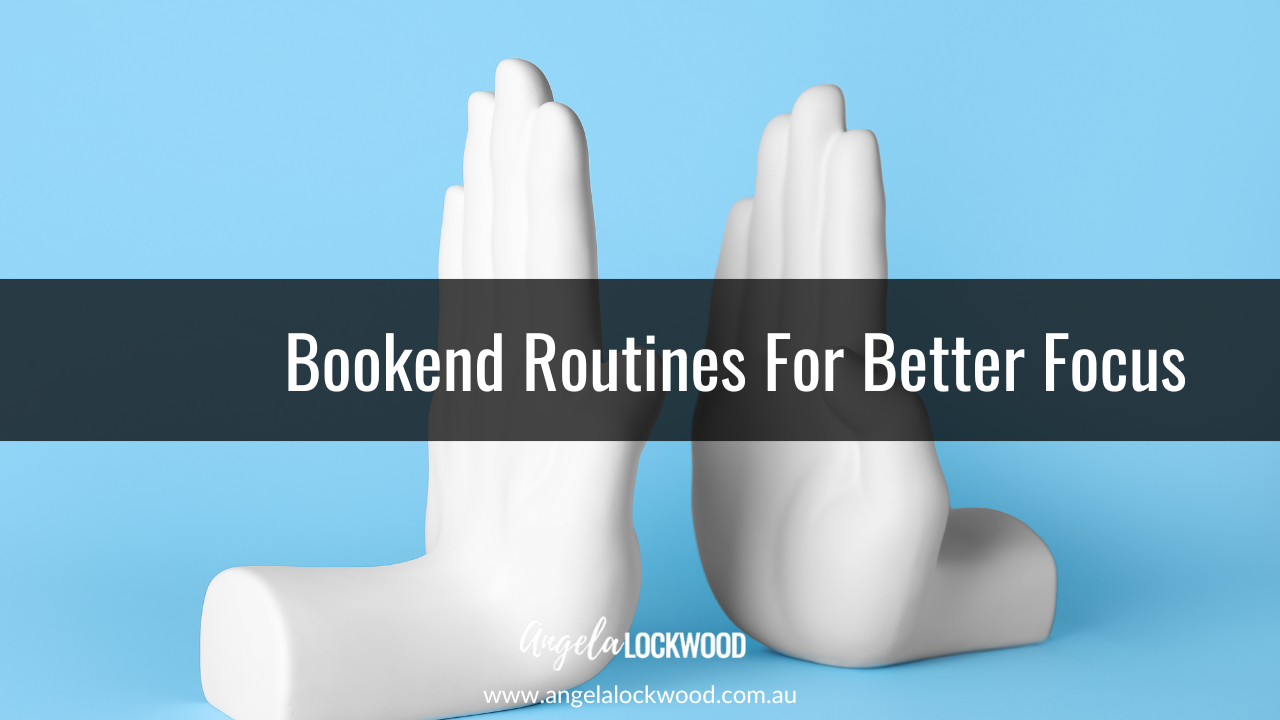Encouraging positive friendships for young kids
Mar 28, 2023
Making friends is an essential part of a child's development. It helps them build social skills, develop empathy, and form meaningful connections with others. However, not all children find it easy to make friends. Some kids may struggle with initiating conversations, experience anxiety when speaking to someone new, or children who experience difficulties with executive functioning may struggle with the nuances of social skills and how they apply.
Playgrounds are a place where social skills are developed, tested and challenged! We all remember those moments where we felt ostracised and where we felt included. Our social experiences shape who we are, our beliefs about the world and where we fit. As a parent, it can be heartbreaking to know our little social beings are struggling then it can feel liberating in knowing they are socially thriving. Once our kids start school, it takes more effort to stay connected to our kids' friends and ensure they are making choices that bring out the best in them. But we are no longer always with them to ensure they are making these good choices.
There are ways as parents we can help our kids develop skills that help them to navigate the complexity of social interactions and make friends that are good for them.
- Encourage social activities.
Participating in social activities is one of the best ways for children to meet new friends. Encourage your child to join a sports team, club, or other group that interests them. Research shows that children who participate in extracurricular activities are more likely to have positive social interactions and make friends. Through these social activities they learn and develop skills and determine who makes them feel good and not so good about themselves. - Model good social behaviour.
Children learn by observing the behaviour of others. As a parent, you can model good social behaviour by being friendly, respectful, and inclusive. Show your child how to start conversations, introduce themselves, and include others in group activities. - Help your child develop social skills.
Social skills are essential for making and keeping friends. Help your child develop social skills by practicing conversation, active listening, and conflict resolution. Research shows that children who receive social skills training have better social outcomes and more positive relationships with their peers. Remember that although our kids may not always seem like they listen to us, they are always watching and listening and taking their cues from us! - Teach empathy.
Empathy is the ability to understand and share the feelings of others. Teaching empathy is a crucial part of developing social skills. Encourage your child to consider how others might be feeling and to be kind and understanding towards them. - Foster independence.
Children who feel confident in themselves and independent are more likely to make friends. Encourage your child to take on age-appropriate responsibilities and give them opportunities to make decisions and solve problems on their own. - Avoid over-scheduling.
While social activities are important, it's also essential to give children time to rest and recharge. Avoid over-scheduling your child, as this can lead to stress and burnout and adverse behaviours making them less enjoyable to be around! - Monitor digital interactions.
In today's digital age, most children use social media and other digital platforms to connect with others. While these tools can be helpful for making friends, they can also be a source of stress and anxiety. Monitor your child's digital interactions and help them develop healthy online habits. There are fantastic resources here: www.esafety.gov.au - Teach friendship.
Teaching our kids what friends are for, what behaviours they show and how they are meant to make us feel will provide them the skills to monitor whether someone is being a friend for them or even if they are being a good friend themselves. - Be involved and interested.
Facilitating opportunities for your child to socialise with their peers when you are present is an important way for you to monitor social interactions and observe your child in social situations. These opportunities might be through inviting children to your house, having a play in the park with the child and their parents, attending a birthday party for a new friend with your child. It is important in these situations to give your child space and not step in too often!
It is important that if you suspect that your child is struggling with social skills, talk to their teacher, trusted friends or a health professional. They can provide support and guidance to help your child develop social skills and make friends.
With your guidance and support, your child can develop meaningful connections with others and build positive, supportive relationships that will last a lifetime.
![]()
Angela Lockwood
TRANSFORM TO THRIVE






